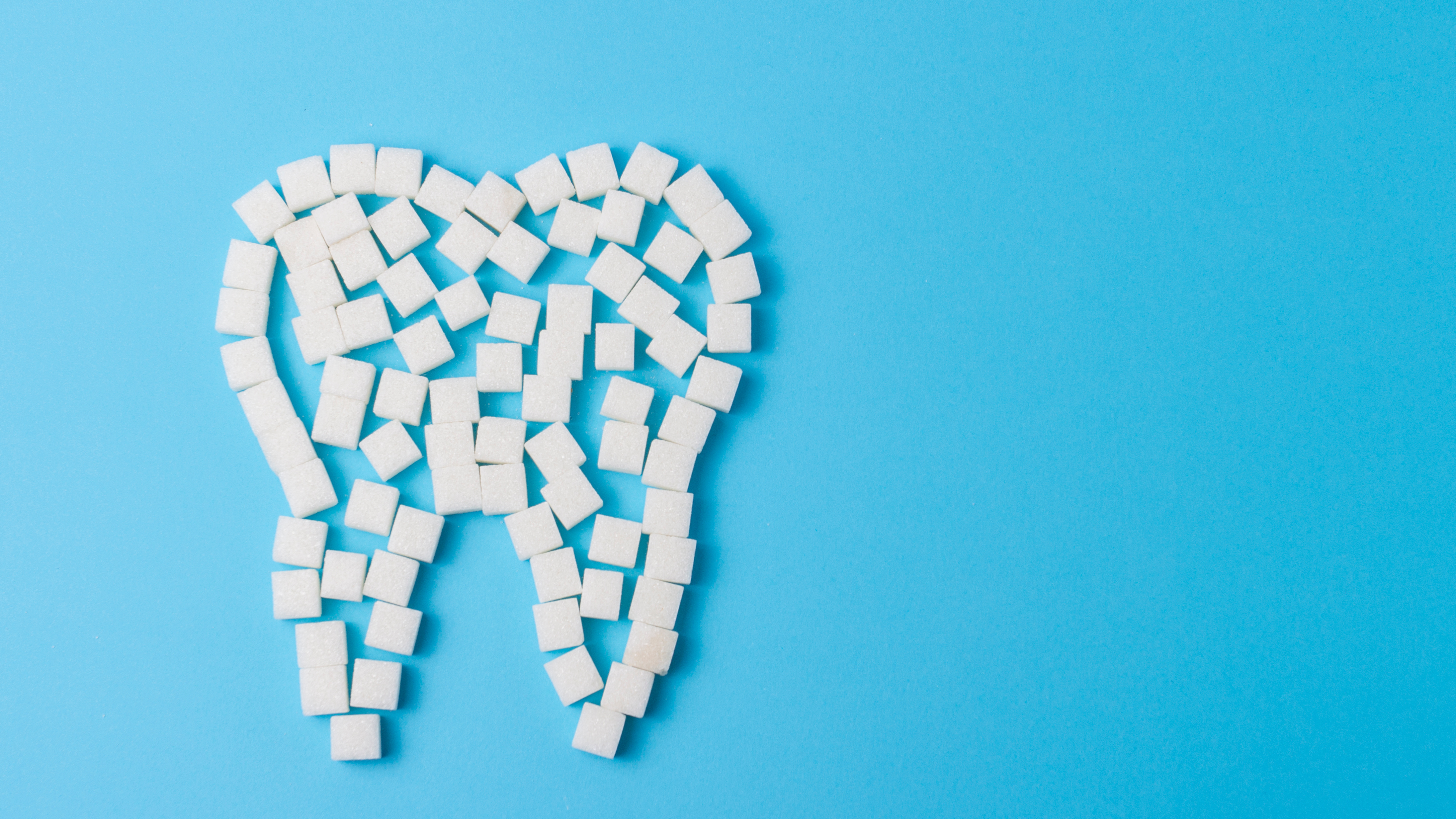A healthy smile is more than just an attractive asset; it’s an essential part of your overall well-being. One key component to maintaining strong, healthy teeth is the protective outer layer called tooth enamel. As the hardest substance in the human body, enamel defends your teeth against decay, sensitivity, and staining. However, certain foods and drinks can damage this essential barrier, leading to dental issues.
In this article, we’ll explore eight types of foods and beverages that can harm your tooth enamel and provide tips on how to protect your pearly whites.
1. Sugary Foods and Drinks
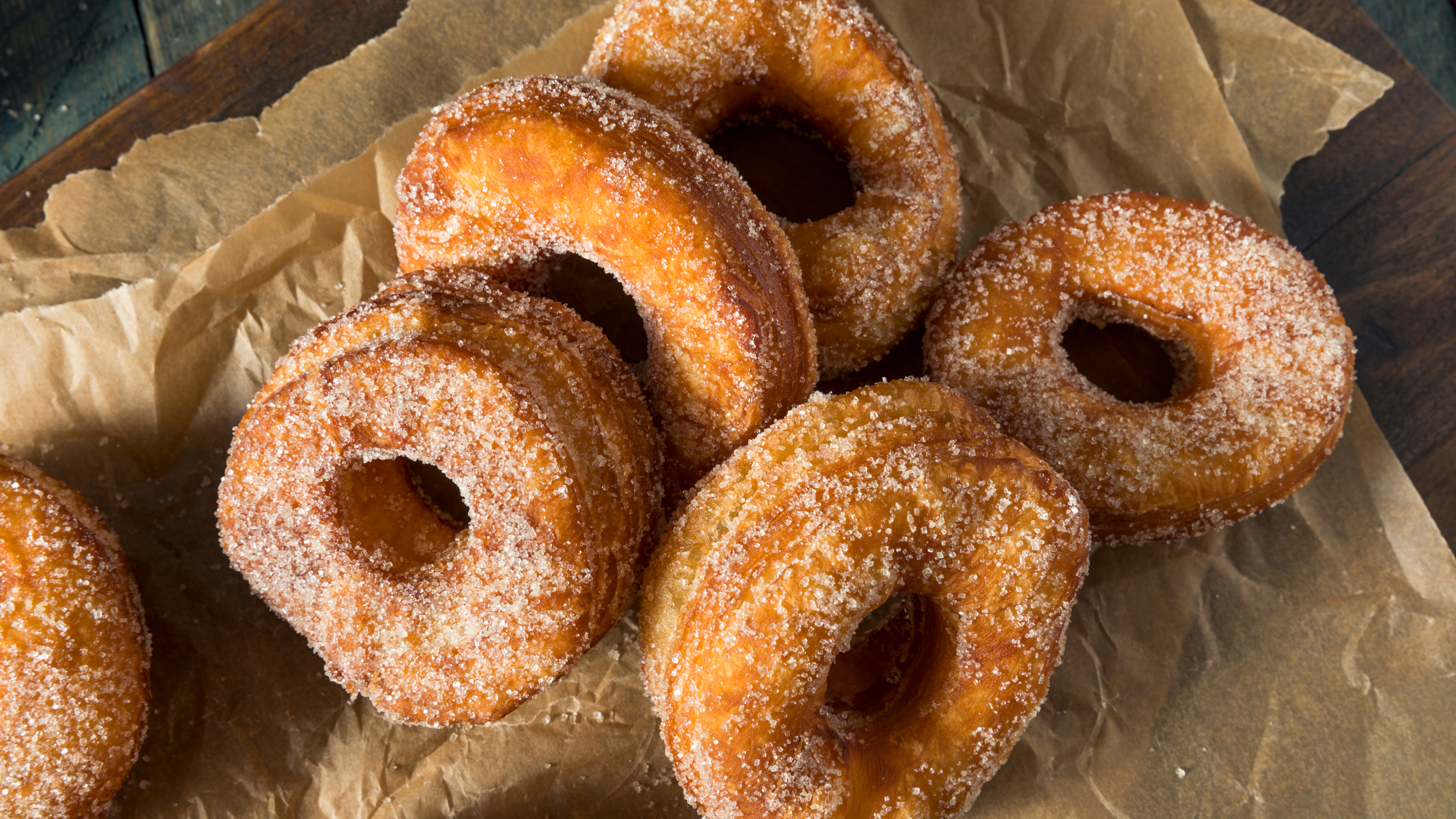
It’s no secret that sugar is bad for your teeth. Consuming excessive amounts of candy, pastries, and soft drinks can lead to tooth decay and enamel erosion. Sugar feeds the bacteria in your mouth, producing acids that attack your enamel and cause cavities.
To minimize the impact of sugary treats, try to limit your intake and opt for healthier alternatives like fresh fruit or sugar-free gum.
2. Acidic Foods and Drinks
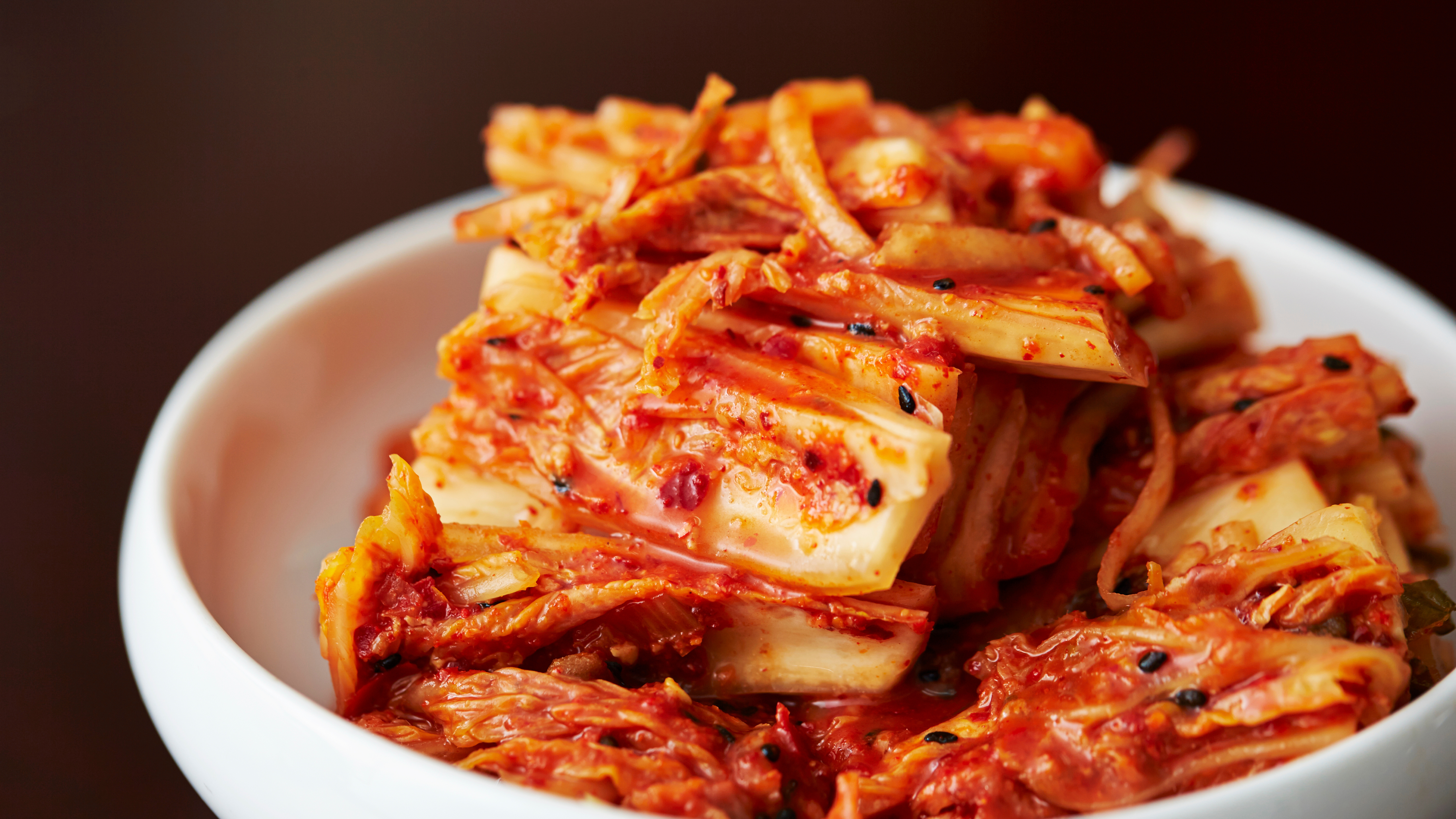
Acidity is another enemy of tooth enamel. Foods and drinks high in acid, such as citrus fruits, tomatoes, pickles, and fruit juices, can weaken and wear away enamel over time. While these items are often healthy in moderation, it’s essential to be mindful of their acidity levels.
After consuming acidic foods, rinse your mouth with water to help neutralize the acids and protect your enamel.
3. Sticky or Chewy Foods
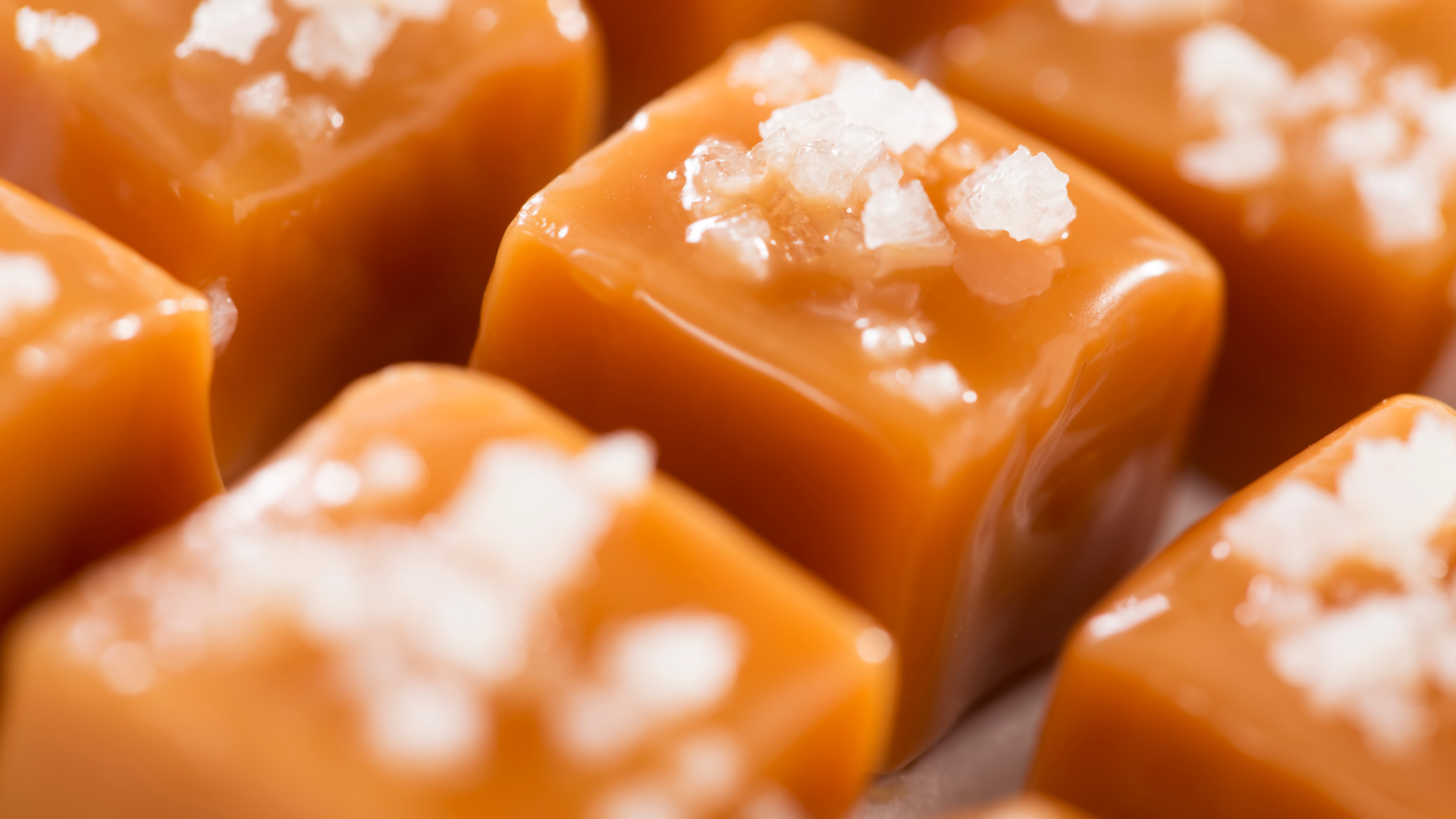
Sticky or chewy foods like caramel, taffy, and dried fruits can adhere to your teeth and prolong exposure to sugars and acids, causing damage to your enamel. When these foods get stuck in the grooves and crevices of your teeth, they create a breeding ground for bacteria and plaque.
To prevent enamel damage from sticky foods, brush and floss your teeth regularly, paying extra attention to areas where food particles may become trapped.
4. Hard Foods

Biting into hard foods like ice, popcorn kernels, and hard candies can cause cracks or chips in your enamel, leaving your teeth vulnerable to decay and sensitivity.
To protect your enamel from damage, avoid chewing on hard items and opt for softer, less abrasive snacks.
5. Carbonated Beverages
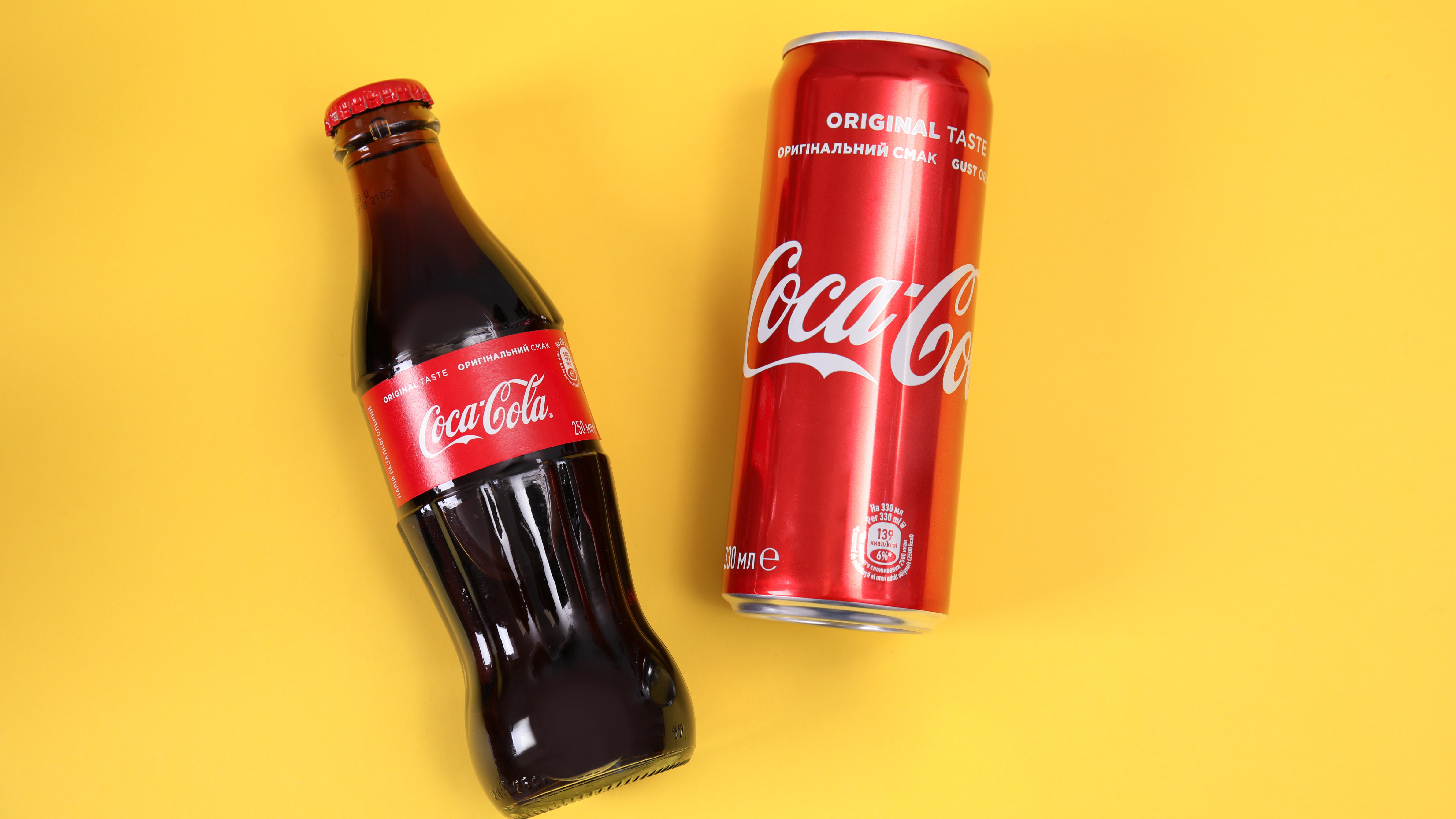
Sodas, sparkling water, and other carbonated drinks can weaken enamel due to their high acidity levels. Additionally, many carbonated beverages are loaded with sugar, further contributing to tooth decay and enamel erosion.
To maintain strong enamel, limit your consumption of carbonated drinks and choose water, milk, or herbal tea instead.
6. Alcohol
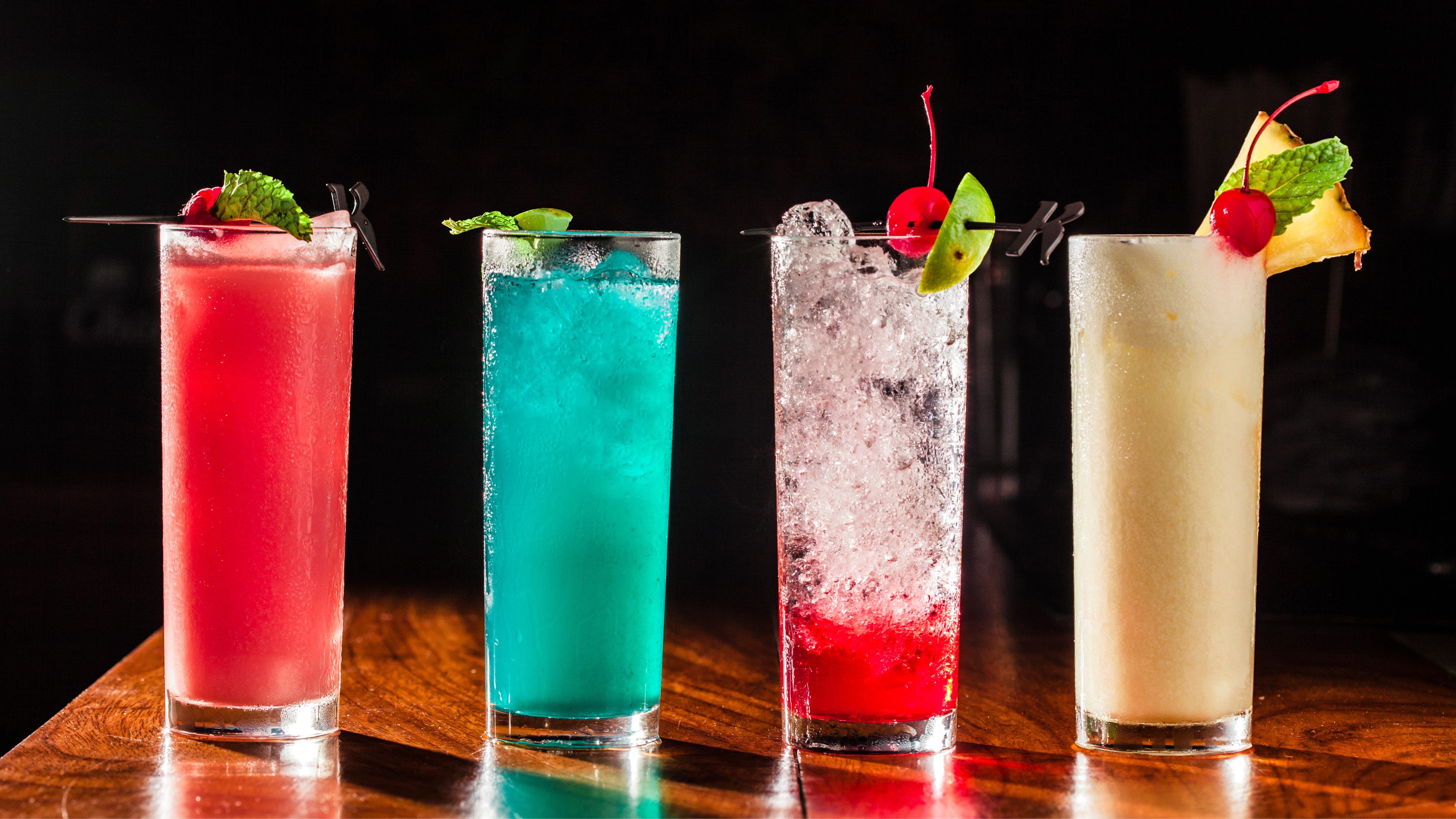
Excessive alcohol consumption can harm your enamel by causing dehydration and reducing saliva production. Saliva plays a crucial role in neutralizing acids and washing away food particles, so a lack of it can leave your enamel more susceptible to damage.
To protect your teeth, drink alcohol in moderation and stay hydrated by consuming water alongside your alcoholic beverages.
7. Sports Drinks
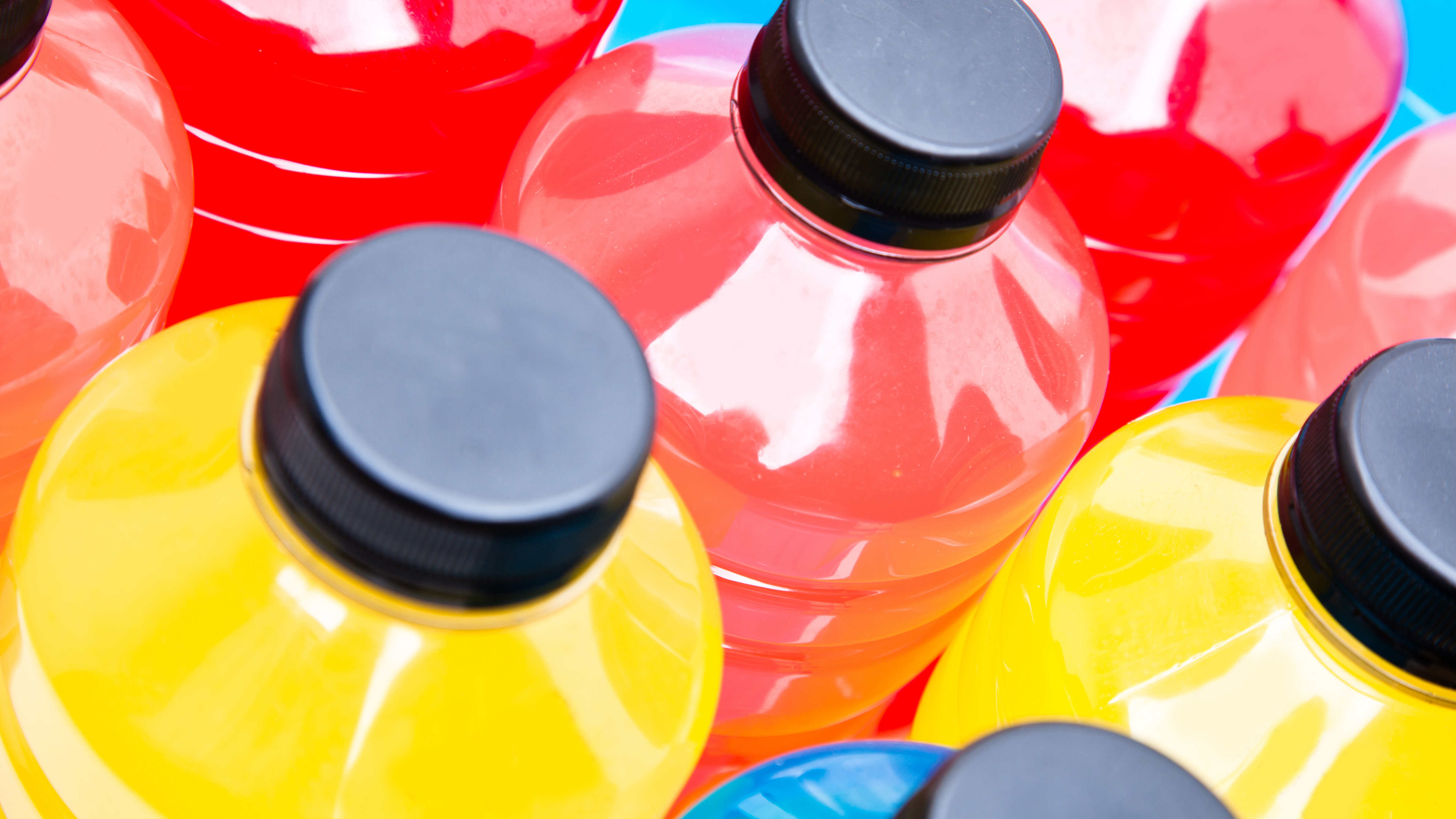
Although sports drinks are often marketed as healthy, many contain high levels of sugar and acid that can erode enamel. These beverages may help replenish electrolytes during intense physical activity, but their potential harm to your teeth should not be overlooked.
Opt for water or coconut water to stay hydrated without damaging your enamel.
8. Coffee and Tea
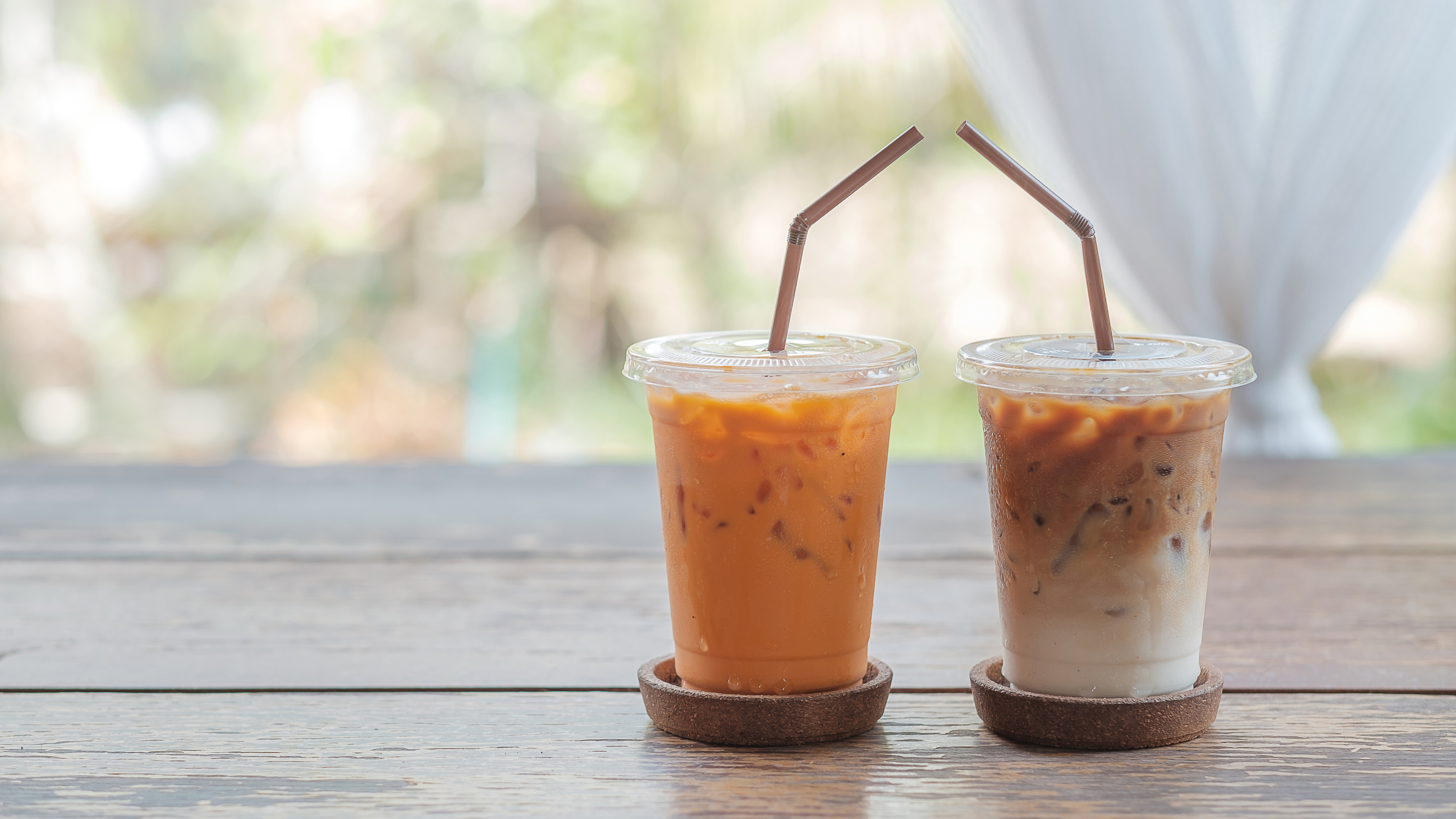
Coffee and tea are well-known for their ability to stain teeth, but they can also contribute to enamel erosion if consumed with added sugar. Drinking these beverages in moderation and without sweeteners can help minimize their impact on your enamel.
Additionally, consider using a straw to reduce direct contact with your teeth.
Caring for Your Enamel with Braces
Wearing braces can make it more challenging to maintain strong and healthy tooth enamel, as food particles and plaque can easily become trapped around brackets and wires. Additionally, certain foods can cause damage to both your braces and your enamel.
Here are some tips specifically for individuals with braces:
- Avoid hard, crunchy, and sticky foods: Hard or crunchy foods like popcorn, nuts, and ice can damage your braces and harm your enamel, while sticky foods like caramel and gum can become entangled in your braces and be difficult to remove.
- Cut up fruits and vegetables: Instead of biting directly into whole fruits and vegetables, cut them into small pieces to reduce the risk of damaging your braces and enamel.
- Brush and floss carefully: Take extra care when brushing and flossing your teeth to ensure you thoroughly clean around brackets and wires. Consider using an interdental brush or a water flosser to help remove food particles and plaque from hard-to-reach areas.
- Use orthodontic wax: If your braces are causing irritation or discomfort, apply orthodontic wax to the brackets or wires to protect your cheeks and lips from abrasions and potential enamel damage.
- Attend regular orthodontic check-ups: Regular visits to your orthodontist will ensure your braces are functioning correctly and that any issues are addressed promptly to prevent long-term enamel damage
General Tips for Protecting Your Teeth Enamel
To keep your enamel healthy and strong, follow these comprehensive tips:
- Maintain good oral hygiene: Brush your teeth twice a day for at least two minutes each time using a soft-bristled toothbrush and fluoride toothpaste. Floss daily to remove plaque and food particles from between your teeth and along the gumline. Regular dental check-ups and cleanings are also crucial for maintaining enamel health and detecting potential issues early.
- Limit harmful foods and drinks: Be mindful of your consumption of sugary, acidic, and hard foods and beverages that can damage your enamel. Try to choose healthier alternatives like fresh fruits, vegetables, dairy products, and water whenever possible. When you do indulge in less-healthy options, consume them in moderation and as part of a balanced meal to help neutralize their effects on your teeth.
- Rinse with water: After consuming acidic or sugary foods and drinks, rinse your mouth with water to neutralize acids and wash away sugar. This simple habit can help minimize the impact of these substances on your enamel. Drinking water throughout the day also promotes saliva production, which is essential for maintaining a healthy oral environment.
- Use a straw: When drinking acidic or sugary beverages, consider using a straw to reduce direct contact with your teeth and limit potential enamel damage. Position the straw towards the back of your mouth to minimize exposure to your teeth.
- Chew sugar-free gum: Chewing sugar-free gum after meals can help stimulate saliva production, which aids in neutralizing acids and washing away food particles. Look for gum containing xylitol, an ingredient that can help reduce the growth of cavity-causing bacteria.
- Wait before brushing: If you’ve consumed an acidic food or drink, wait at least 30 minutes before brushing your teeth. Brushing immediately after consuming acidic substances can cause further damage to your softened enamel.
- Consider a fluoride mouthwash: Using a fluoride mouthwash daily can help strengthen your tooth enamel and protect against cavities. Consult your dentist for recommendations on the best mouthwash for your specific needs.
- Avoid brushing too hard: Applying excessive pressure while brushing can cause enamel wear and gum recession. Use a gentle circular motion with a soft-bristled toothbrush to clean your teeth effectively without causing damage.
By following these comprehensive tips and paying attention to your oral hygiene habits, you can help protect your tooth enamel and maintain a healthy, radiant smile.
Conclusion: Drink More Water
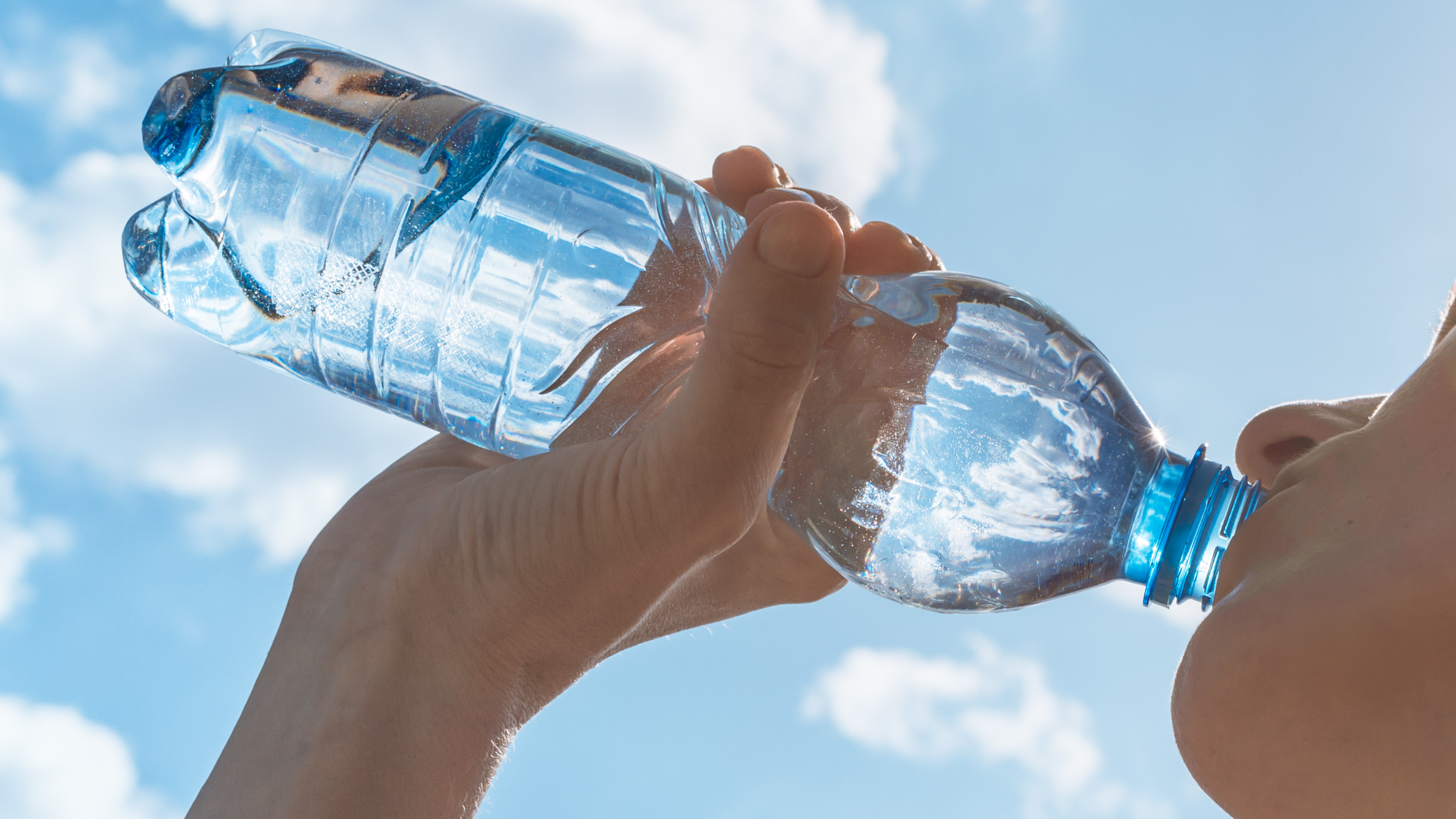
Safeguarding your tooth enamel is crucial for preserving a radiant and healthy smile. By exercising mindfulness regarding the foods and beverages you consume, coupled with diligent oral hygiene practices, you can effectively combat enamel erosion and maintain strong, beautiful teeth. Don’t forget to schedule regular visits to your dentist for check-ups and professional cleanings, as these are essential steps in ensuring exceptional dental health and a lasting, brilliant smile.
*Editor’s Note: This article was originally published Oct 18, 2022 and has been updated July 6, 2023.

Dr. Tyler Robison is an alum of Mesa’s Mountain View High School. He graduated from Brigham Young University before being accepted to the “Top Ten-nationally ranked” University of Louisville in Kentucky, where he earned his Doctorate in Dental Medicine and a Master’s Degree in Oral Biology. He graduated with honors in the top ten percent of his class. Dr. Robison continued at the University of the Pacific in San Francisco, where he received a second master’s degree in dental science and his orthodontic certification.

